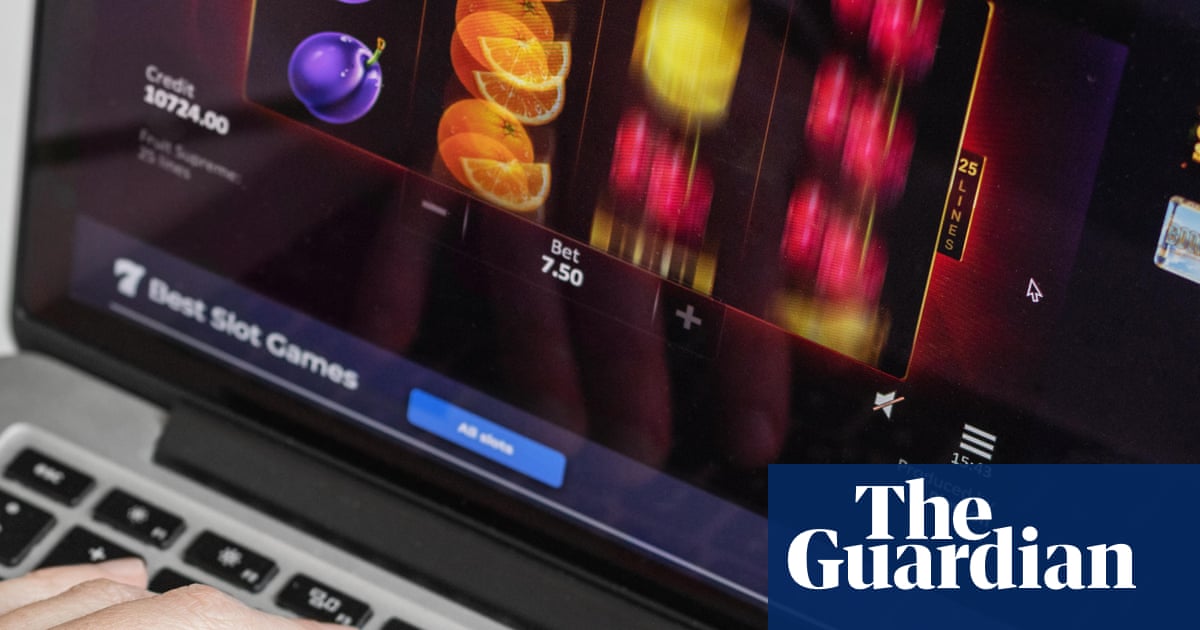
A surge in internet betting during the coronavirus pandemic was followed by an increase in the number of gamblers trying to block themselves from using online casinos and bookmakers, it turns out.
Gamstop, the national self-exclusion program for people struggling with their gambling activities, registered a 21% increase in new exclusions in February, according to figures from the Guardian.
The number of people who signed up is on the verge of reaching 200,000, including 326 new registrations on February 22, a one-day record since the service’s launch in 2018.
Gamstop said the increase in gambling avoidance efforts appeared to have been followed by an increase in online gambling volume in November and December.
It said this indicated that “the trend towards more online gambling may lead more vulnerable individuals to choose to exclude themselves from all sites.”
More people than ever may have signed up for the scheme, but Gamstop’s numbers also show the difficulty many people have in staying away from gambling.
In January 2021, 49,328 of the possible 177,038 people tried to gamble, but this was held back by their registration with Gamstop, which allows people to exclude themselves from gambling on the Internet for a period of time.
The organization said this showed that blocking software was not a “panacea.”
“As the number of registrations continues to rise, I would urge anyone entering self-exclusion from online gambling through Gamstop to seek treatment as well,” said Fiona Palmer, the organization’s general manager.
“Awareness of self-exclusion schemes and blocking software has increased over the past year, and it is important that we continue to spread the word about what help is available to those who need it most.”
Matt Blanks, a project manager at Peer Aid, a program that helps people addicted to gambling, started gambling at the age of 11. He lost over £ 700,000 and tried to take his own life.
He said it was a lifesaver to be able to block himself from all online operators. “It gives you that moment of pause, that little bit of breathing room, to make sure when you have an urge or impulse, you can’t place a bet at that moment,” he said. “That time to think can make all the difference.”
People with gambling disorder are disproportionately male, but Gamstop has registered an increasing number of women during lockdown.
The number of women who have self-excluded recently reached 50,000, and the gender split is 71% male and 29% female. People between the ages of 18 and 34 use the service the most, accounting for 59% of all registrants.
The numbers come after evidence gathering for the government’s gambling review ended last week. According to Gamstopsaid, there has been an increase in the number of websites publishing links to black market gambling activities that are not registered with the blocking service.
Membership in the program is a prerequisite for being licensed to offer legal gambling in Great Britain.